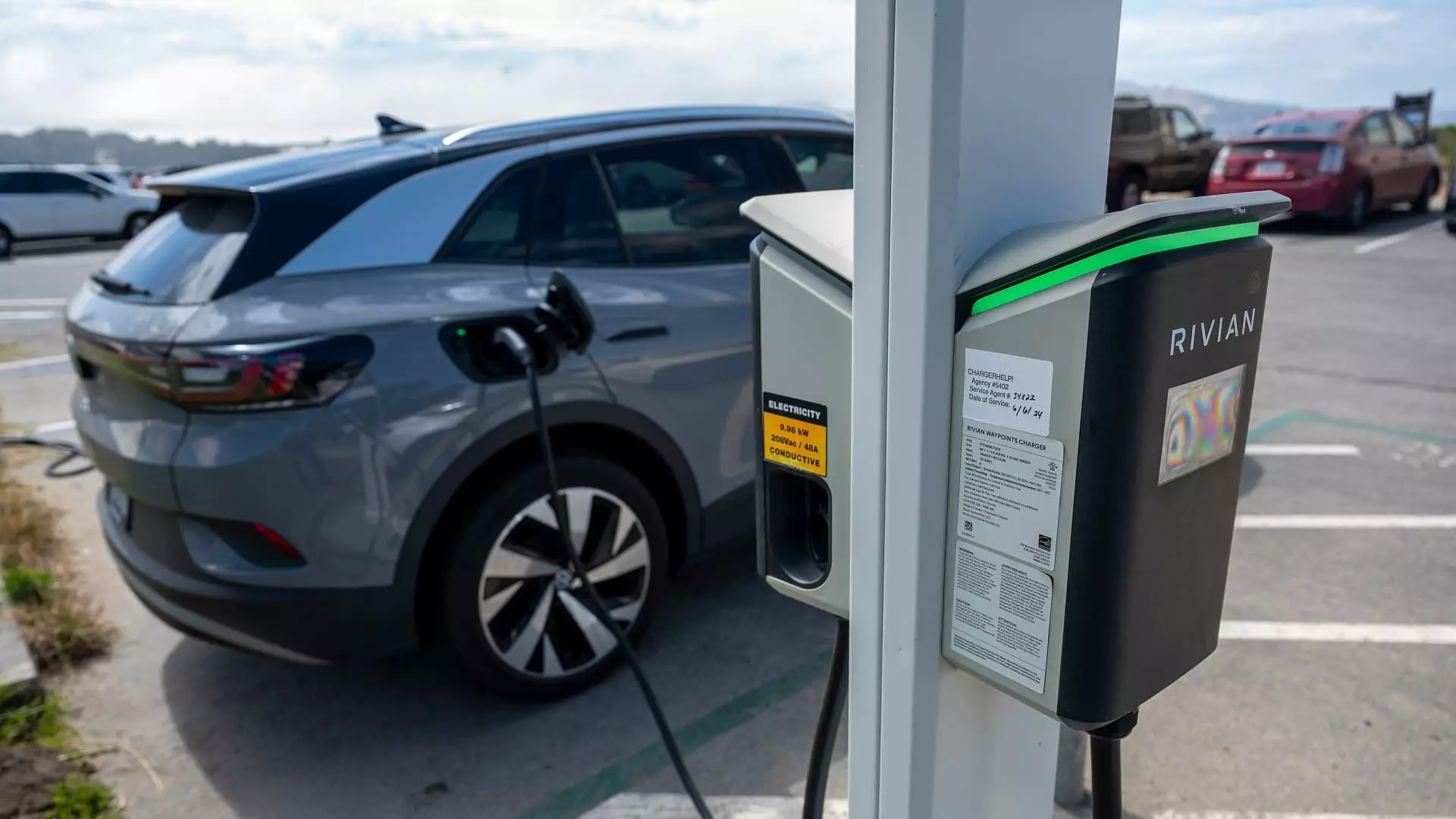When considering the financial implications of purchasing an electric vehicle (EV) versus a traditional gasoline-powered car, there are various factors at play that can influence the total cost over the vehicle’s lifetime. While EVs may have higher upfront costs compared to gas vehicles, the overall savings potential for consumers lies in recurring expenses such as fuel and maintenance. According to experts, the total lifetime cost of owning an EV can be lower than that of a gas vehicle. However, reaching cost parity between EVs and gas cars depends on several factors, including the specific EV model, geographic location of the buyer, and charging habits.
In recent years, the average price consumers paid for a new EV has been higher than that of a gas-powered vehicle, but this gap is gradually narrowing. Carmakers have been reducing EV prices, and federal tax credits of up to $7,500 are available to qualifying buyers. State and utility tax breaks may also be offered to offset the purchase cost of an EV or charging infrastructure. Research indicates that EVs are expected to become more affordable in the future, driven primarily by decreasing battery costs. Some smaller EVs are already breaking even in terms of cost compared to gas cars, even without incentives, signifying a positive trend towards cost parity.
Long-Term Savings Potential of Electric Vehicles
According to Consumer Reports, owning an EV can save the average driver anywhere from $6,000 to $12,000 over the life of the vehicle in comparison to a gas-powered model. These savings are attributed to the reduced need for repairs and maintenance, as EVs have fewer moving parts than conventional fuel engine cars. Additionally, the lower cost of refueling an EV due to its energy efficiency and cheaper electricity prices makes it a financially attractive option for consumers. The potential for long-term savings with an EV hinges on factors such as geographic location, charging habits, and access to home charging facilities.
Location plays a critical role in determining the total lifetime cost of owning an EV. Variations in electricity and gasoline prices across different regions can significantly impact the financial benefits associated with an EV. For instance, states with lower gas prices may present challenges for EV owners in achieving cost parity. Furthermore, the availability of home charging facilities is crucial for maximizing the cost savings potential of an EV. Charging an EV at home during off-peak hours can lead to substantial savings compared to public charging stations. Cities with favorable conditions for EVs share common characteristics such as low electricity costs, high gas prices, moderate climates, and direct purchase incentives.
Studies have shown that small and low-range EVs with approximately 200 miles of range offer a more cost-effective total ownership experience compared to similarly sized gas vehicles across various cities, even without tax incentives. Longer-range EVs with ranges of around 300 miles, especially in compact cars and midsize sedans, can be cost-competitive without incentives. However, the highest range models, such as those with 400 miles of range, are generally not yet on par with gas vehicles in terms of cost, even when subsidies are factored in.
The potential cost savings of owning an electric vehicle over a gasoline car are significant but contingent on a variety of factors. With ongoing advancements in EV technology and decreasing battery costs, the outlook for achieving cost parity between EVs and gas cars looks promising. By carefully considering geographic location, charging habits, and available incentives, consumers can make informed decisions that align with their financial goals while contributing to a more sustainable future.

Leave a Reply